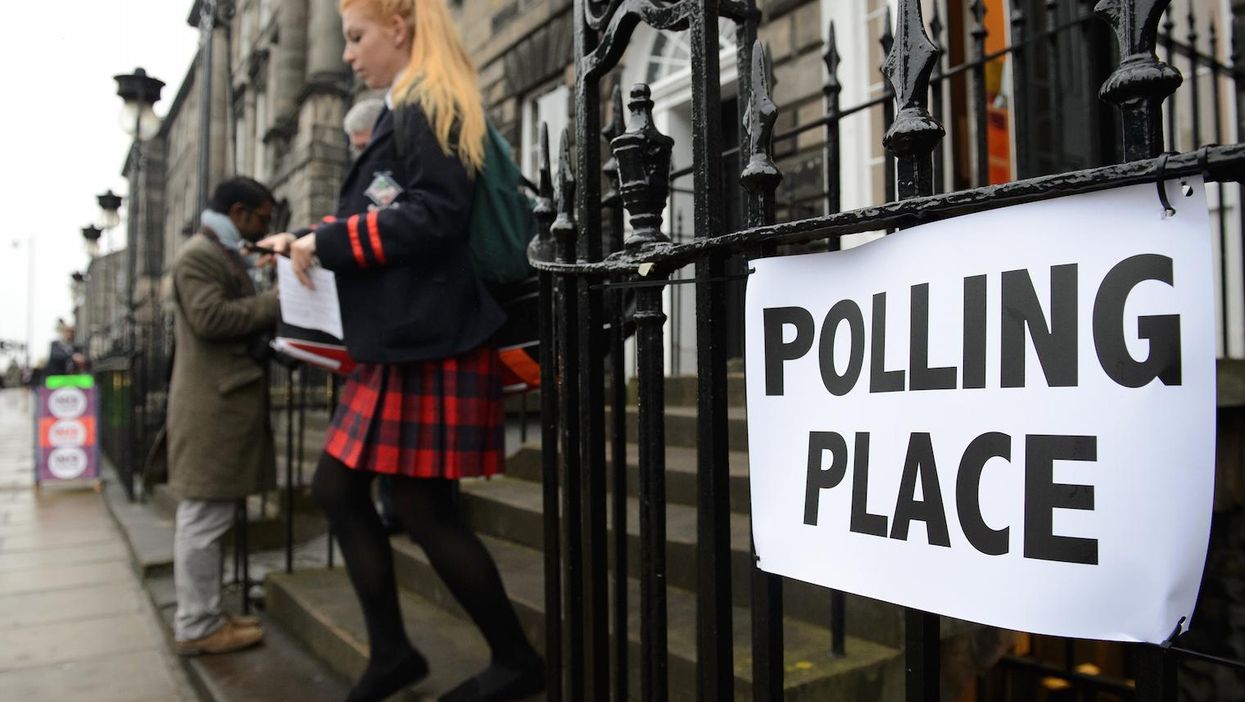News
Ian Johnston (edited
Feb 01, 2016

About 800,000 people have fallen off the electoral register since changes to the system were made by the Government, with the greatest drops in university towns heavily populated by students.
The disappearance of so many voters has prompted fears that a generation of young people is being disenfranchised, at a time when voter apathy among under-25s is already at a record level. The fear is that once leaving the register, some people will not return.
In last year's election, only 43 per cent of people aged from 18 to 24 voted, compared with 78 per cent of those aged 65 and over.
According to new estimates, there have been significant declines in the numbers of registered voters in places with high student populations, such as Cambridge, Dundee West (both 11 per cent) and Canterbury (13 per cent), with a decline in registrations in December of 1.8 per cent on the previous year.
Previously, families and students in halls of residence could be registered as a group, but every individual is now required to say that they want to vote. The Government said many of those no longer on the register may have "never existed" because they were registered fraudulently.
Gloria de Piero, the shadow minister for electoral registration, urged universities to enable students to register to vote when they enrol.
A Cabinet Office spokeswoman said IER was an "essential measure" to tackle electoral fraud. She said:
We have worked hard with local authorities for years now to clean up the register.
Any entries removed from the register will be people who have moved house, died or never existed.
The Electoral Reform Society said individual registration is the "right move" but cautioned:
The Electoral Commission's latest analysis shows that 'areas with a high concentration of certain demographics - students, private renters and especially young adults' - are particularly in danger of having low registration numbers.
More: 11 ways to make the next general election more democratic
More: [Here's how the election results would look under a proportional voting system]2
Top 100
The Conversation (0)












